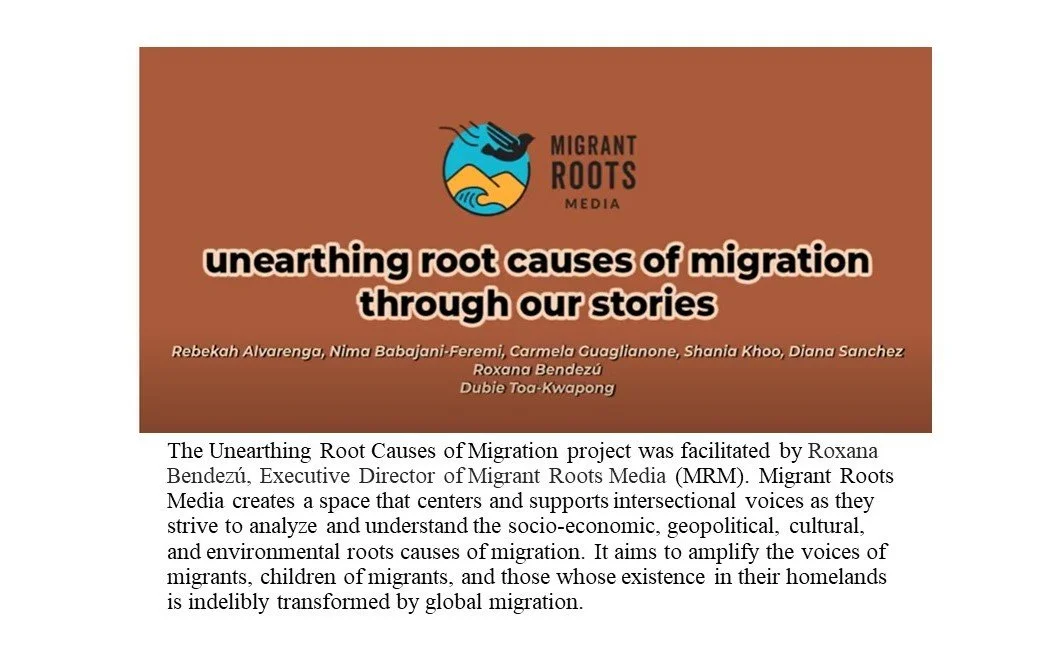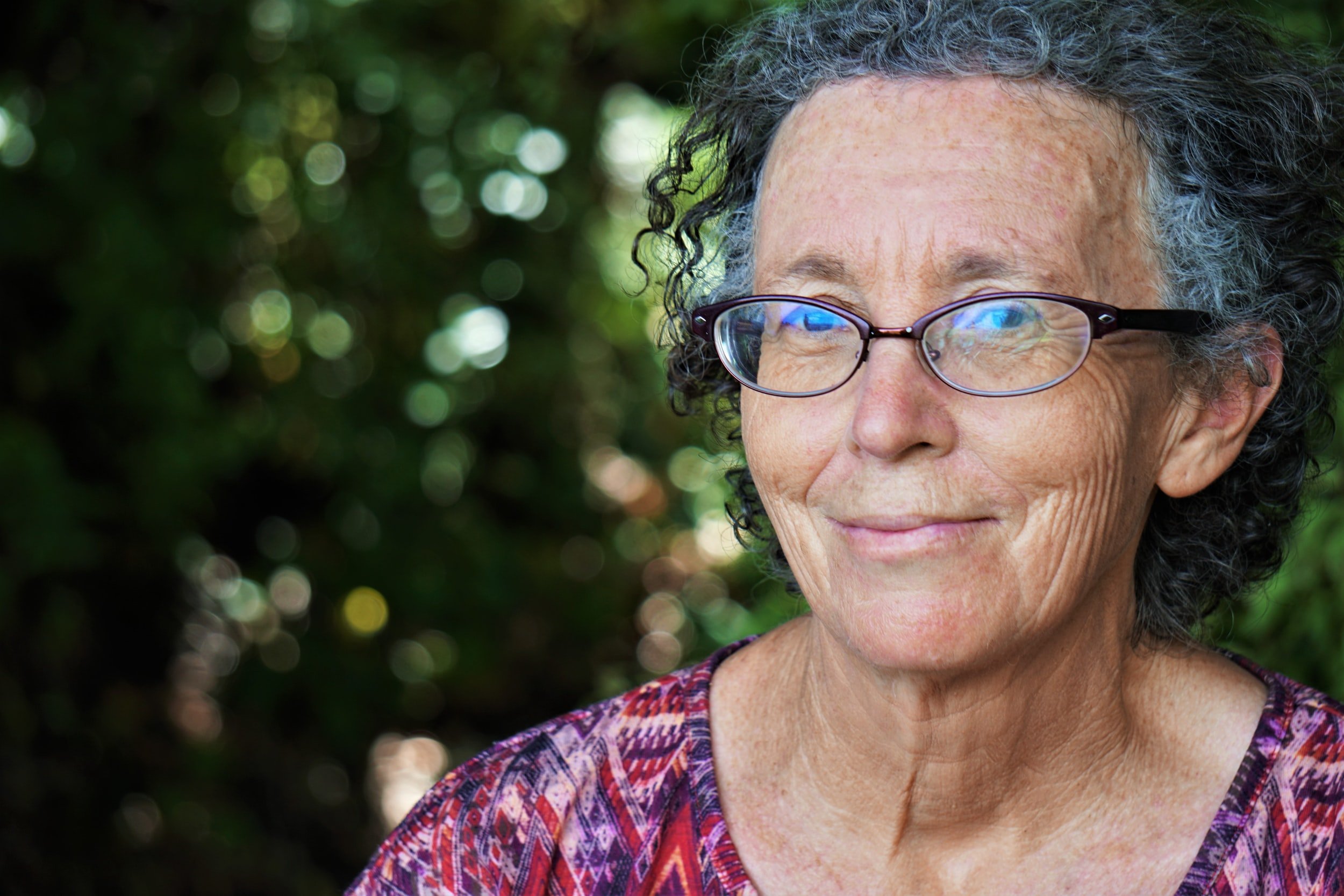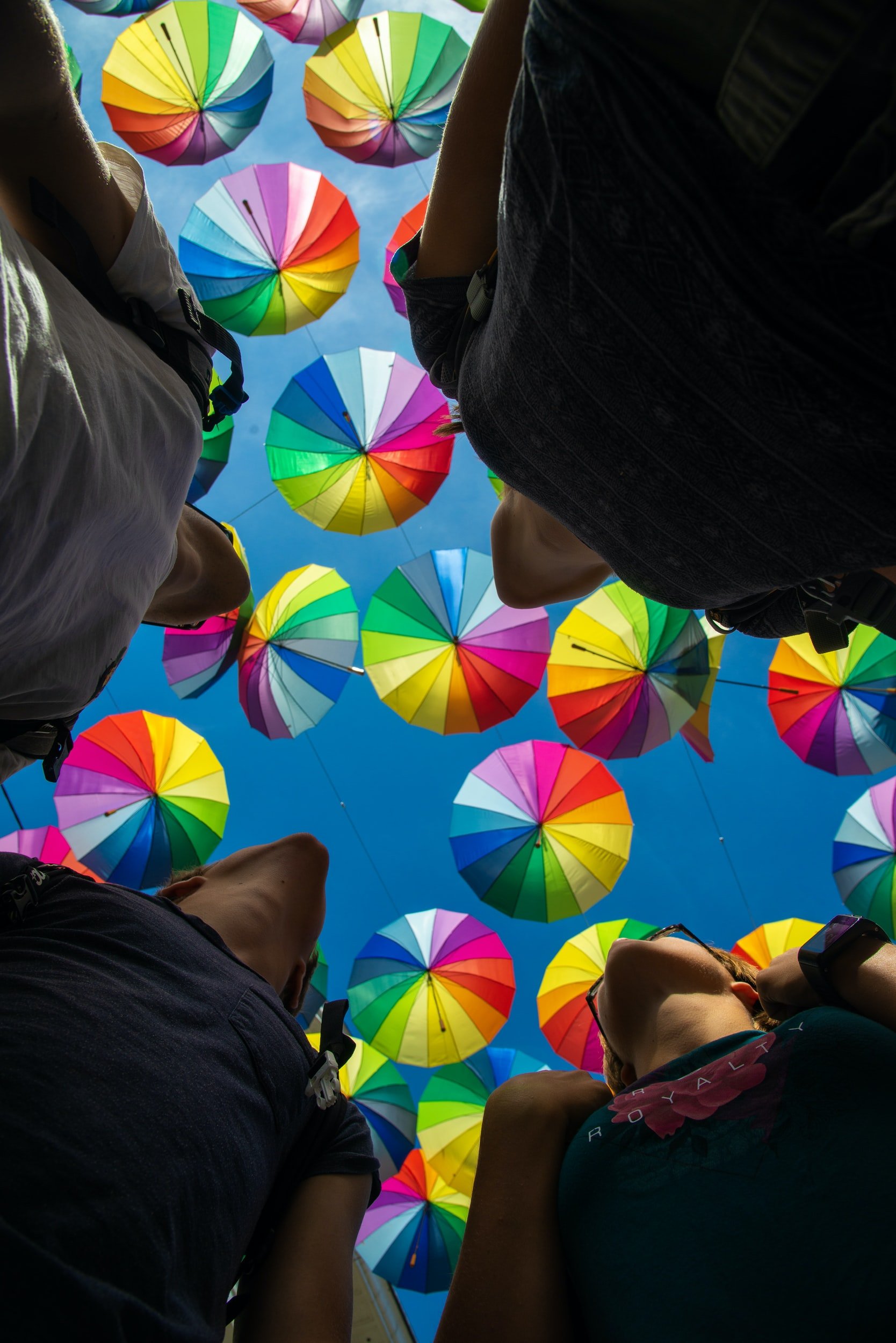Inspiring Collaboration
Collaboration was the October 2022 focus for Methodspace. What skills and experiences are beneficial to students and early career researchers? Julie Reeves, Sue Starbuck, Alison Yeung emphasize the value of internal and external collaborations. Julie Reeves discusses some important points in this interview and post.
by Julie Reeves, co-author of Inspiring Collaboration & Engagement.
The research landscape has changed and continues to change (post-covid) dramatically. Increasingly, researchers are expected to demonstrate the impact of research, knowledge needs to be exchanged, and end users want to be actively involved from the outset. Institutions must work with a range of sectors, especially to find sources of funding for research, whilst global challenges cannot be addressed in isolation. Collaborating with others is not only unavoidable these days, it is integral to research success.
Inspiring Collaboration and Engagement aims to build confidence in researchers and encourage them to take advantage of the collaborative opportunities that exist around them. It is full of voices of experience, examples, advice from practitioners and activities for researchers at all levels and those who support them in Higher Education. It is even useful those who are sceptical of collaborative research working by illustrating the skills development, wellbeing and career benefits it brings.
The authors offered 7 attributes in a Code of conduct for collaborating and engaging
with others:
Compassionate – everyone must respect others’ perspectives and points of view, and welcome the disruption that other perspectives bring.
Committed – everyone must be committed to the working relationship.
Curious – everyone must be curious about other ways of thinking and doing, and why things work, or do not work, as planned or intended.
Candid – everyone should honest and open with each other about how work is progressing and impacting.
Creative – everyone should embrace novelty, be adventurous, and play around with ideas.
Constructivist – everyone should be prepared to meet the unexpected as collaboration and engagement are active processes developed through all parties involved, making the sum greater than the individual parts.
(un)Certain – everyone should be able to manage uncertainty – who knows what the results will be! However, that is the fun of undertaking research and this kind of work in the first instance.

















This collection of open-access SAGE journal articles includes a variety of perspectives on collaborative research and writing.